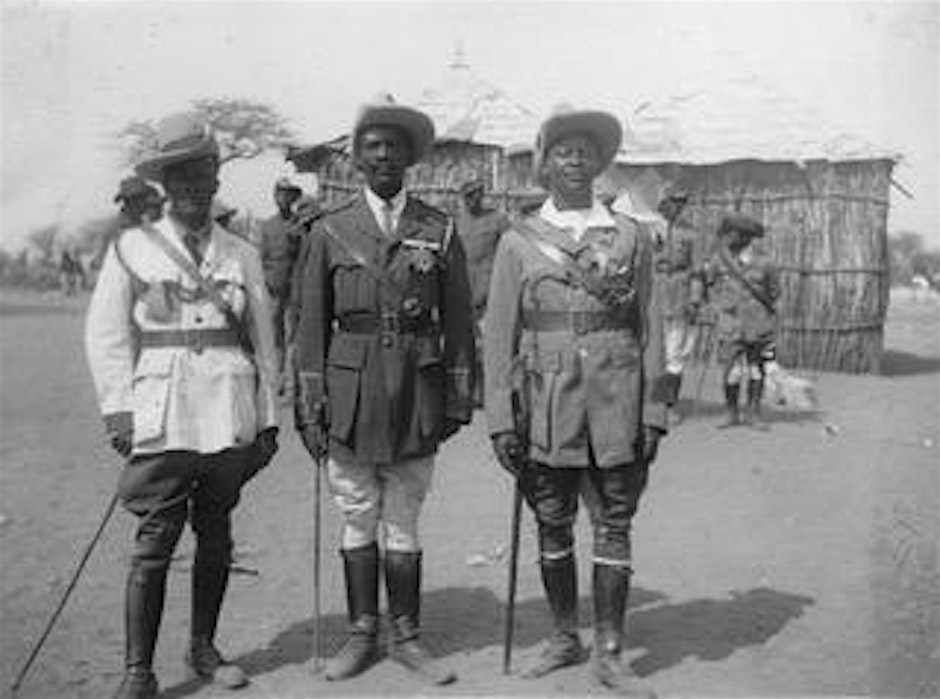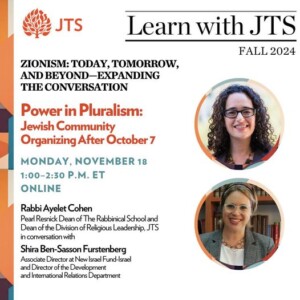
Empire of Memory: German Colonialism and the Making of Postcolonial
When Germany’s colonial empire in Africa and Asia collapsed during the First World War, a brief yet incredibly violent regime came to an end for affected societies. In the following decades, they had to fend with the aftermath of the German empire’s violent paroxysms, whether in the case of the genocide of the Herero and Nama in Namibia (1904-1908), the Maji Maji War in Tanzania (1905-1907), or other conflicts. At the same time, remembering this particularly violent yet transient colonial regime also became a way for affected societies to formulate demands for and practice self-determination. The talk explores this relationship between memories of colonialism and the making of postcolonial sovereignty based on the example of Herero communities in Namibia between the final years of German rule and the present day: kinship relations, cultural practices, and anti-colonial politics all became theaters of remembrance and sovereignty in which the contours of the present global conjuncture in reparative politics began to take shape.
Fabian Krautwald (PhD) is a comparative historian of modern eastern and southern Africa interested in memories of mass violence, decolonization, and print culture. Krautwald studies the ways in which African societies have defined their relationship to the past and the future, and how these changing relationships affected notions of sovereignty and justice on the continent. He works as a Lecturer (Assistant Professor) in African History at University College London.
*Reception to follow




